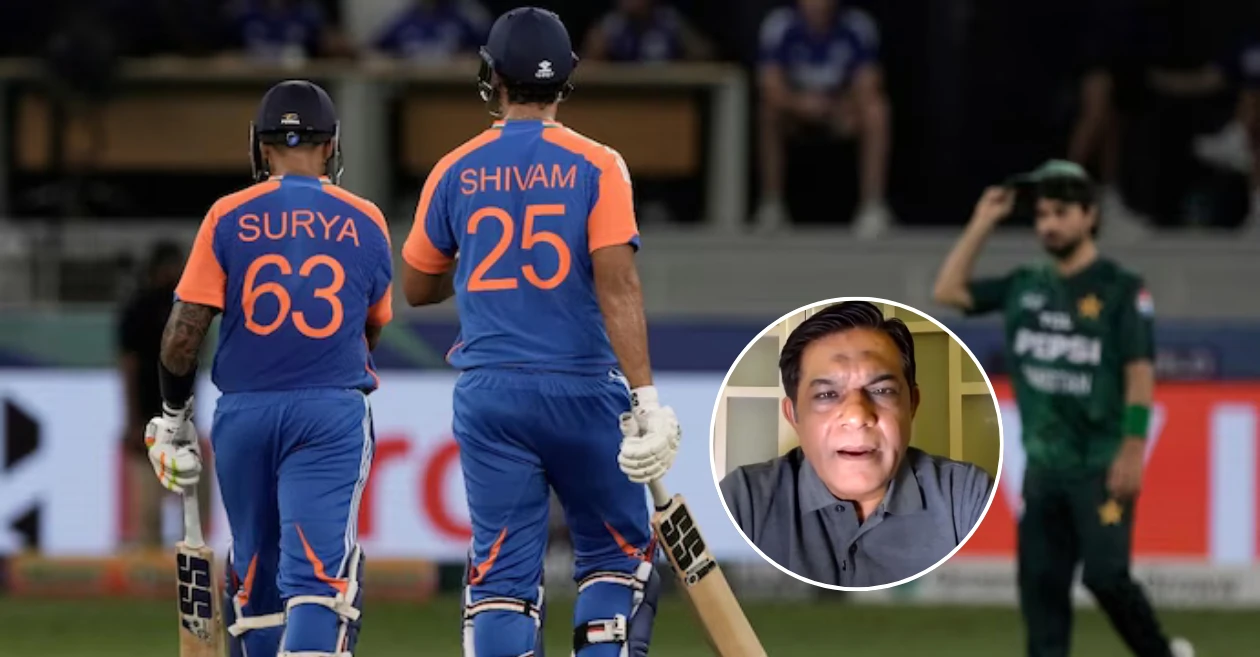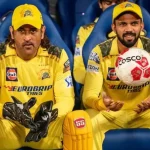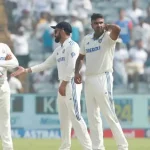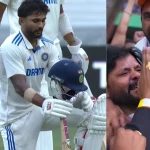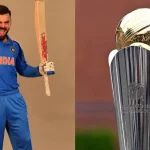In what should have been a celebration of on-field dominance, Team India’s comfortable seven-wicket victory over arch-rivals Pakistan in their Group A clash at the Asia Cup 2025 was quickly overshadowed by off-field controversy. The post-match tension, centered around a refusal to partake in the traditional handshake, sparked widespread backlash—most notably from former Pakistan captain Rashid Latif.
India Cruise to Victory, But Post-Match Drama Takes Center Stage
India delivered a clinical performance at the Dubai International Stadium on Sunday, September 14, chasing down Pakistan’s modest target of 128 runs with ease. Abhishek Sharma provided the initial firepower with 31 runs off just 13 balls, before captain Suryakumar Yadav—on his 35th birthday—guided the chase with an unbeaten 47 off 37 deliveries. Alongside Shivam Dube, who remained not out on 10, India wrapped up the chase with 25 balls to spare.
However, what should have been a celebratory finish soon turned into a controversial talking point. Following the winning runs, the Indian players—led by Suryakumar—headed straight to the dressing room without engaging in the customary handshakes with the Pakistani team. This unprecedented move, compounded by similar tension at the toss, ignited a flurry of reactions across social and traditional media.
Rashid Latif’s Fiery Critique: “A Blot on the Spirit of Cricket”
Former Pakistan captain Rashid Latif did not mince words. In an interview with the Times of India, Latif expressed his deep disappointment at the Indian team’s conduct. According to him, the refusal to shake hands and the cold demeanor at the toss sent the wrong message, one that mixes sports with political undertones.
“Wars have happened before too, but we always shook hands. These things will remain a blot for a lifetime,” Latif stated.
He went on to highlight how legendary players from both nations, such as Sunil Gavaskar and Javed Miandad, maintained mutual respect even during times of political tension. Latif suggested that the current generation should uphold those values instead of letting outside events dictate sportsmanship.
A Tense Toss and a Cold Walk-Off
The tension was evident even before the first ball was bowled. At the toss, neither Suryakumar Yadav nor Salman Ali Agha made eye contact while handing over their team sheets to match referee Andy Pycroft. It set the tone for what followed. Once Suryakumar sealed the victory with a six, he and Dube walked directly off the field. Meanwhile, Pakistani players, including captain Salman, waited near the Indian dugout expecting a handshake that never came.
Reports confirmed that the Indian team shut their dressing room doors, avoiding any post-match interaction with the opposition. Pakistan’s team management later released a statement condemning the act, calling it “against the spirit of sportsmanship.”
Backdrop: Operation Sindoor and Pahalgam Terror Attack
The political context cannot be ignored. The match took place just months after the devastating Pahalgam terror attack in April 2025, which claimed the lives of 26 Indian tourists. India responded with Operation Sindoor, a series of targeted strikes on terrorist camps in Pakistan and Pakistan-occupied Kashmir (PoK).
The fallout from these events prompted heated debates over whether India should even participate in the Asia Cup. Ultimately, they did, but it was clear that emotions were running high.
Suryakumar Yadav’s Response: “Some Things Are Bigger Than Sport”
Suryakumar did not shy away from addressing the post-match drama. In the presentation ceremony and later in the press conference, he dedicated the victory to the Indian Armed Forces and the victims of the Pahalgam attack.
“Perfect occasion, taking the time out, we stand by the victims of the families of the Pahalgam terror attack. We express our solidarity. Want to dedicate the win to all our armed forces who showed a lot of bravery. Hope they continue to inspire us all,” said Suryakumar.
He further added, “Some things in life are ahead of sportsman spirit.”
These comments fueled further discussion. Was Team India right in making a political statement through their conduct? Or should the field of cricket remain apolitical, as many traditionalists argue?
Latif’s Scathing Response: “India Should Have Fought the War”
Rashid Latif took his critique a step further by questioning India’s broader approach to the post-attack situation. While acknowledging the legitimacy of India’s grief, Latif suggested that the cricket field was not the place to make political statements.
“Your reservations about war or the Pahalgam attack are legitimate. But when you come to the ground, play the sport the right way,” Latif asserted.
He even went as far as to say:
“If Pakistan is involved in the Pahalgam attack, then catch those responsible. Jung hi kar lete, woh bhi nahi ki poori tarah se [India should have fought the war, they should not have backed out].”
Latif accused India of using cricket to push a political narrative, suggesting that the refusal to shake hands was more about optics than conviction.
Cricketing World Reacts: A Divided Opinion
The cricketing community remains split. Some former players and fans praised India’s stance, saying it reflected national solidarity and resolve. Others, including neutral observers and commentators, argued that cricket should remain a bridge, not a battleground.
International cricket boards have so far refrained from making official statements, though it’s expected that the Asia Cricket Council (ACC) may address the matter given the growing media scrutiny.
A Tense Rivalry Gets Even More Complicated
India vs Pakistan matches are rarely just about cricket. They carry the weight of decades of political conflict, military stand-offs, and nationalistic fervor. But even by those standards, the 2025 Asia Cup clash has now become a defining moment.
With both nations likely to qualify for the next stage, a potential rematch is on the cards. If that happens, the atmosphere will be even more charged, and all eyes will be on how the two teams conduct themselves—not just in terms of runs and wickets, but gestures and actions.
Where Do We Draw the Line?
The events in Dubai have reignited a long-standing debate—should sports remain separate from politics, or is it natural for players to reflect their country’s sentiments?
Rashid Latif believes a line was crossed. Team India believes they stood up for something larger than cricket. The fans? They remain divided, oscillating between patriotism and the love of the game.
As the Asia Cup 2025 progresses, one thing is clear: the India-Pakistan rivalry has entered a new, more complex chapter—where the boundary line is no longer just on the field, but in hearts, headlines, and history.
Please check for information on the best betting sites in India – https://selectory.org/best-betting-sites/
